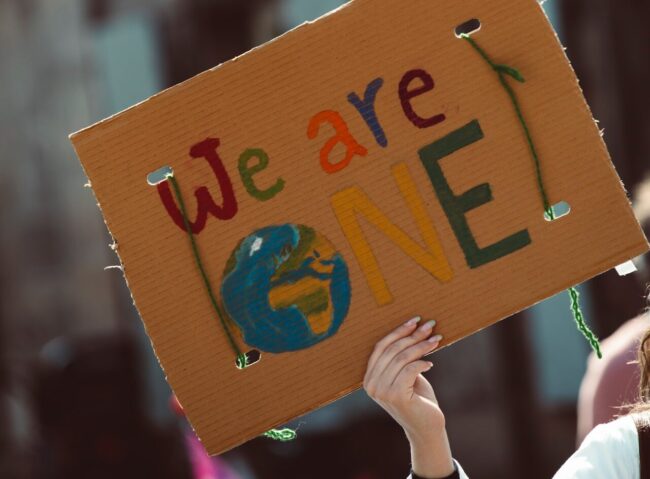Despite the benefits of globalization, many people question its necessity. While the developed world has benefited greatly from globalization, the lower-middle class has also suffered. While globalization has increased GDP per capita for developed countries, it has also led to widespread exploitation of labor and lower standards of living in developing countries. In some cases, indigenous cultures have been destroyed in the name of cheap labor and profit-seeking multinational corporations.
For centuries, people have traded goods and cultures across the globe. When the first civilizations came to Europe, they began traveling farther afield to trade. The ancient Silk Road connected Europe, North Africa, East Africa, Central Asia, and the Far East. For over 1500 years, Europeans traded glass for Chinese silk, contributing to the world economy. The same principle is true of globalization today. The rise of globalization has exacerbated poverty and inequality, but it also provides a means of globalizing more products.
As an individual, it is important to consider the economic benefits of globalization. For example, many U.S. businesses have outsourced some services to India, and many U.S. automobile companies have relocated operations to Mexico. Globalization has also increased employment, which results in higher living standards for many. In many cases, globalization has even lifted people out of poverty. But not all benefits are good.
The benefits of globalization are clear, but there are also risks. Increased financial integration can make it difficult for governments to manage economic activity. For example, it limits the flexibility of governments to set tax rates and exchange rates. Additionally, globalization may limit their ability to implement sound economic policies. For governments, globalisation should create an incentive for private companies and individuals to analyze risks. As long as countries are committed to these long-term goals, globalization should have benefits for them.
As the benefits of globalization increase, many countries’ economies become increasingly integrated into the world economy. The term “transition economy” is also beginning to lose its usefulness. Hungary and Poland are examples of fast-converging economies. Most former Soviet Union countries face long-term structural and institutional problems. Bank lending is a major component of transition economies. This can lead to instability in a country. If the process continues, however, countries will eventually adapt and reap the benefits of globalization.
Some argue that globalization has many advantages and disadvantages. It has increased the interdependence of economies, governments, and national cultures, but there is no clear answer. While globalization has made it easier to trade goods, it also has lowered local tax revenue. Furthermore, global trade has reduced tariffs and subsidies and has opened up new opportunities for financial markets. Many critics of globalization believe that the process is damaging national cultural identity.
In the end, the question of globalization is an important one. The benefits to businesses are numerous: new customers, new revenue streams, and better working conditions. Many companies seek global growth. The emergence of international professional employer organizations has made it easier for businesses to hire workers in other countries. By using these organizations, they avoid the need to set up separate entities to operate in other countries. If globalization is beneficial to the economy, why is it so controversial?
